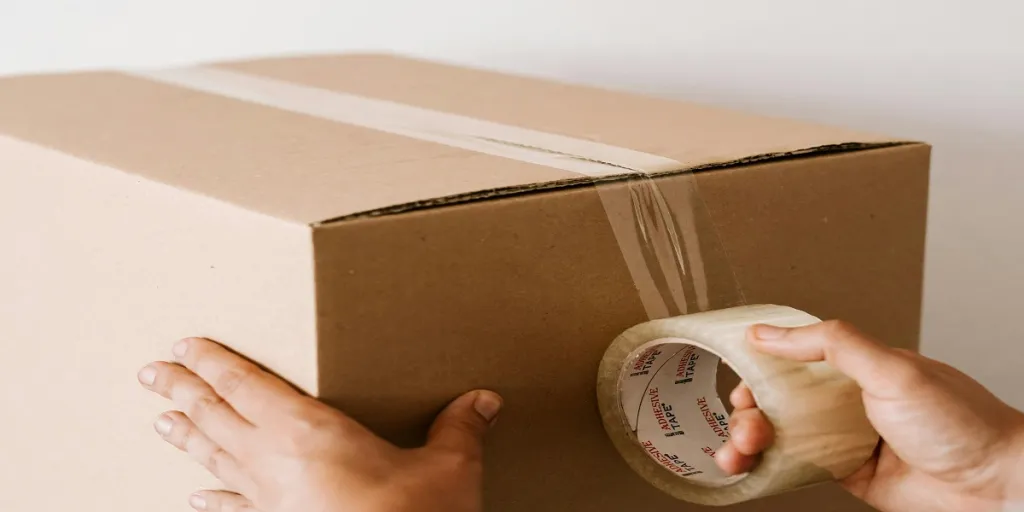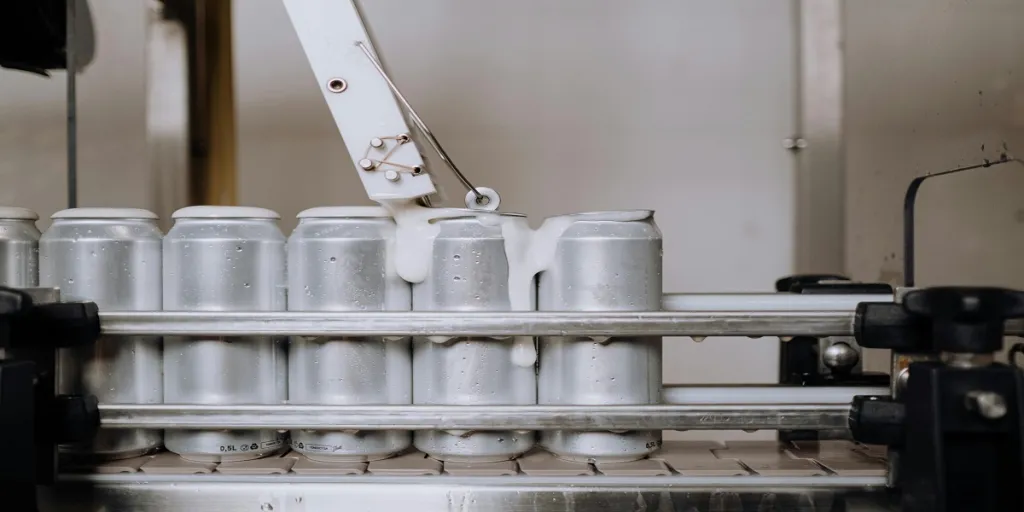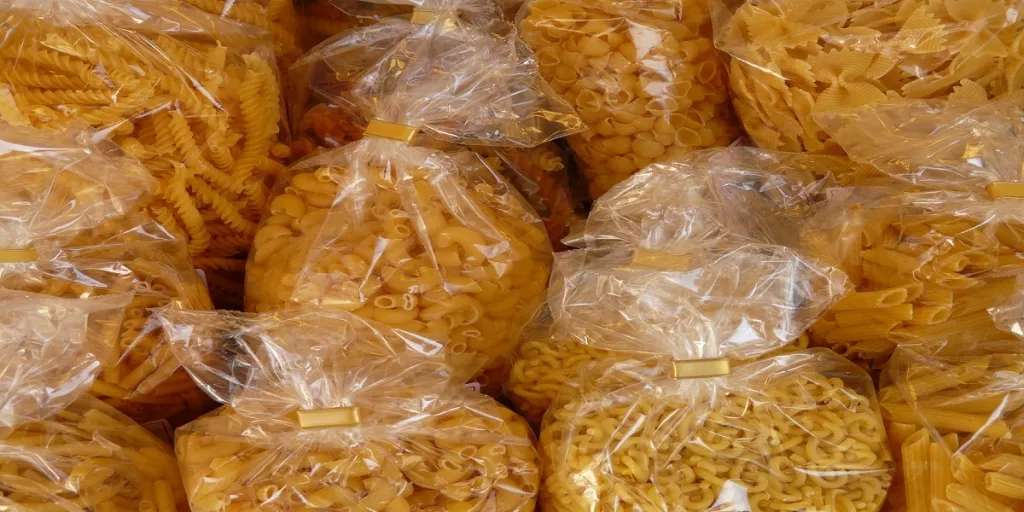Household items require preciseness while packaging. Whether it’s for shifting or storing essentials, a flawless packaging style is required for safely storing household goods. In this article, readers will know the significance of appropriate packaging and different home storage packagings that homeowners are doing right now to store home-based items.
Table of Contents
Why is home storage packaging important?
What products do homeowners use to store household goods?
Conclusion
Why is home storage packaging important?
Undoubtedly, the main purpose of home storage packaging is to ensure all goods are protected from any damages during transportation and storage. Besides, it aims at protecting its content from external factors like heat, light, humidity, etc.
The home packaging market value is anticipated to reach around USD 38.62 billion by 2026, growing at a CAGR of 4.79% over the forecast period between 2021 and 2026. Customers are looking for low-cost, easy-to-use, and storage-friendly packaging materials to give added protection to goods and maintain their long-term quality. In addition to that, they’re constantly looking for smart storage solutions to maximize storage space and organize their home better.
What products do homeowners use to store household goods?
Having enough packaging supplies
First and foremost, homeowners find it necessary to have as many storage packaging supplies available as possible. This is to make sure while moving to a new home or storing certain items away for a long time, one will have sufficient packaging materials at their disposal.
These supplies include enough boxes, bubble wrap, packing peanuts, newspapers, pen markers, tapes, cover sheets, etc. Now, let us understand what home storage packaging products buyers use in specific situations.
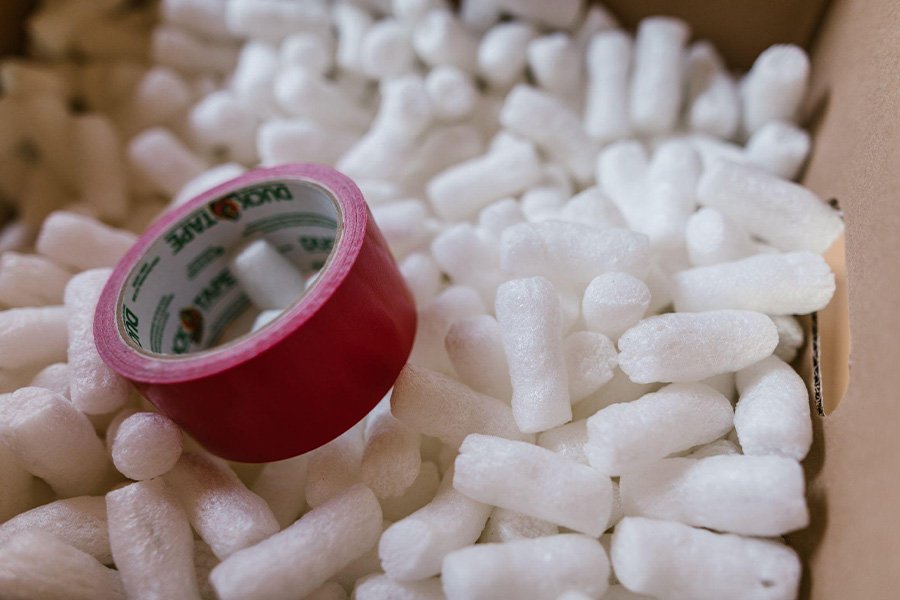
Packing items in the right boxes
Packing household items isn’t exactly storing them in whatever box one finds. Depending on the nature of the product, each item requires the right size to fit into. If boxes are overloaded, they will bulge on the sides and require some items to be removed. On the other hand, when boxes are filled below capacity, it can cause things inside to move around during delivery.
Hence, homeowners pack large or lighter items in large boxes and smaller or heavier items in smaller boxes. For that, custom-sized paper boxes that come in different sizes provide buyers with accommodating different items.
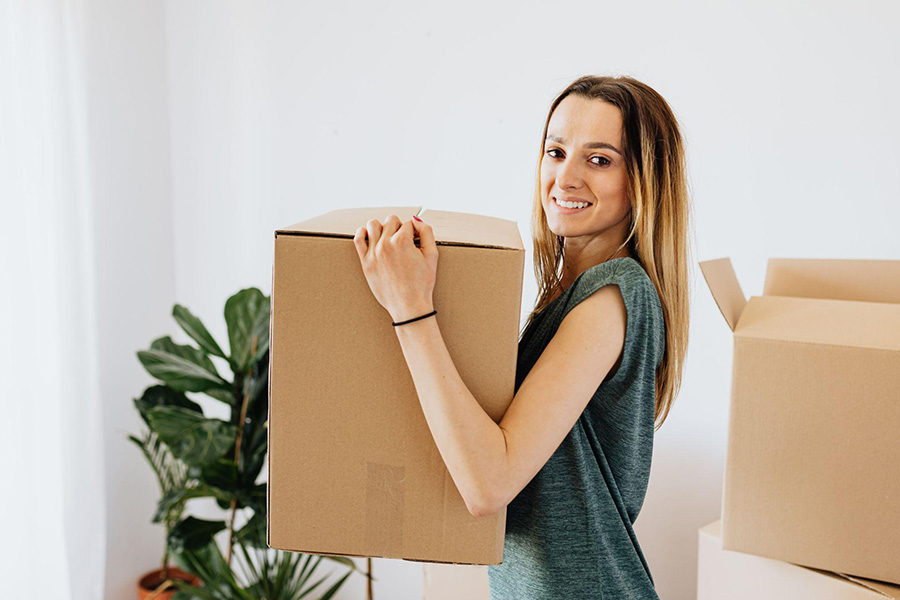
Additionally, suitcases are a preferred option when packing clothes, towels, shoes, and other fabrics. Customers usually organize them into two piles—one for keeping and one for throwing away. Check out this cloth organizer storage box that is useful for packing and organizing undergarments.
Packing furniture and other appliances
Packing furniture can look complicated at first glance. Nevertheless, homeowners dismantle some of them to make them easier to pack. When dismantling each part of a piece of furniture, large amounts of bubble wrap or newspapers are used to cover each component properly. All the screws, bolts, buttons, and other minute pieces are packed separately in transparent sandwich bags and attached along with the furniture using tape.
When it comes to electronics and other appliances, their original boxes come useful because they have the same shape and size to fit properly. However, not many homeowners keep their original boxes so they simply wrap their electronics with paper and store them in random boxes. Since there will be gaps in between, packing peanuts aid in filling those gaps so the appliances don’t move inside the box.
Giving extra protection for fragile items
Handling fragile items like glasses and dishes can be a challenge for homeowners, especially for them to not break while moving. Therefore, buyers make use of wooden crates for packaging fragile goods because of the framework and rigidness. On top of that, they use bubble wrap and encase each fragile item properly. As an alternative, they use paper sheets to give them an extra layer of protection.
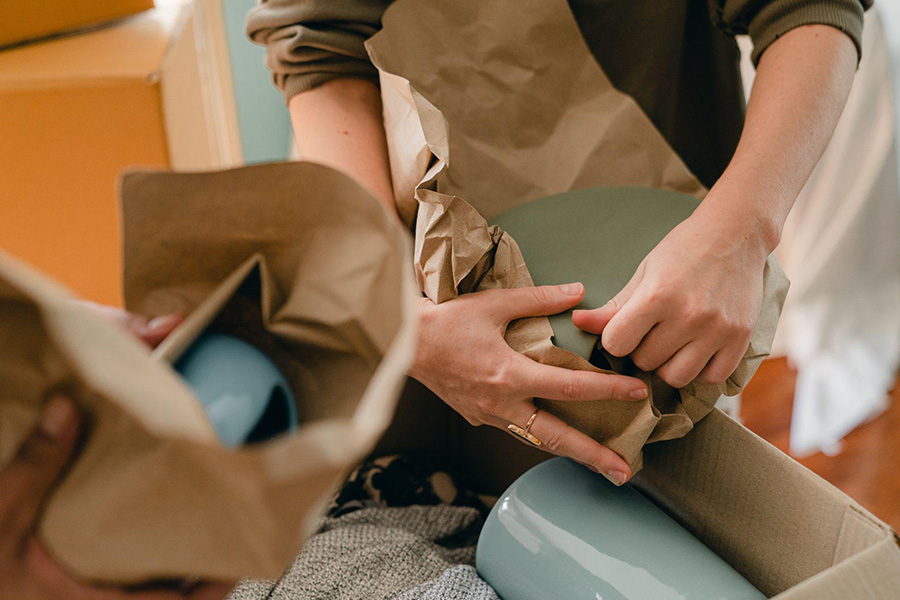
Cosmetics or other bottled items should have their caps sealed properly with tape so the contents wouldn’t leak. Furthermore, they should be inserted safely into sandwich bags.
Keeping items spotless
Before storing each item, homeowners clean them properly to remove any dust. Some items having dirt while storing can lead to forming molds. To ensure no air enters the boxes, they make good use of brown tape to seal all sides and tiny gaps outside the box.
For storing mattresses and pillows, customers prefer separate storage bags to keep them well-protected. Check out this transparent packaging bag homeowners use to store blankets, comforters, and pillows safely.
Labeling boxes
After packing everything in boxes, labels on all sides help to know what each box contains. When storing these boxes in a storage unit, having labels on them is essential to know which room each box belongs to at first glance. Therefore, customers prefer using colored labels as a code to identify which boxes belong to which room.
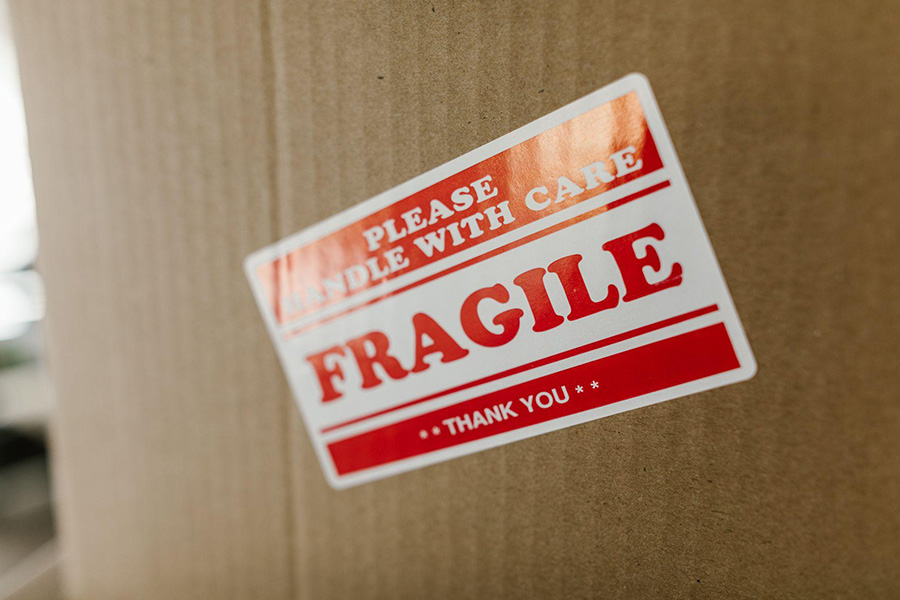
For boxes containing fragile items, homeowners place fragile stickers on all sides so the boxes would be handled with care. Additionally, when storing food products in lunchboxes, labels can help with knowing what food each box contains. Check out these cardboard sleeves that are a friendly packaging option for lunchboxes.
Conclusion
As we have seen, different household items require different packaging materials when packing them safely for storage. To make the life of homeowners who are looking to buy from retail stores easier, business buyers should source and offer a variety of packaging materials for different purposes. To keep up with the latest trends, read more about the different eco-friendly home storage products customers are interested in these days.
